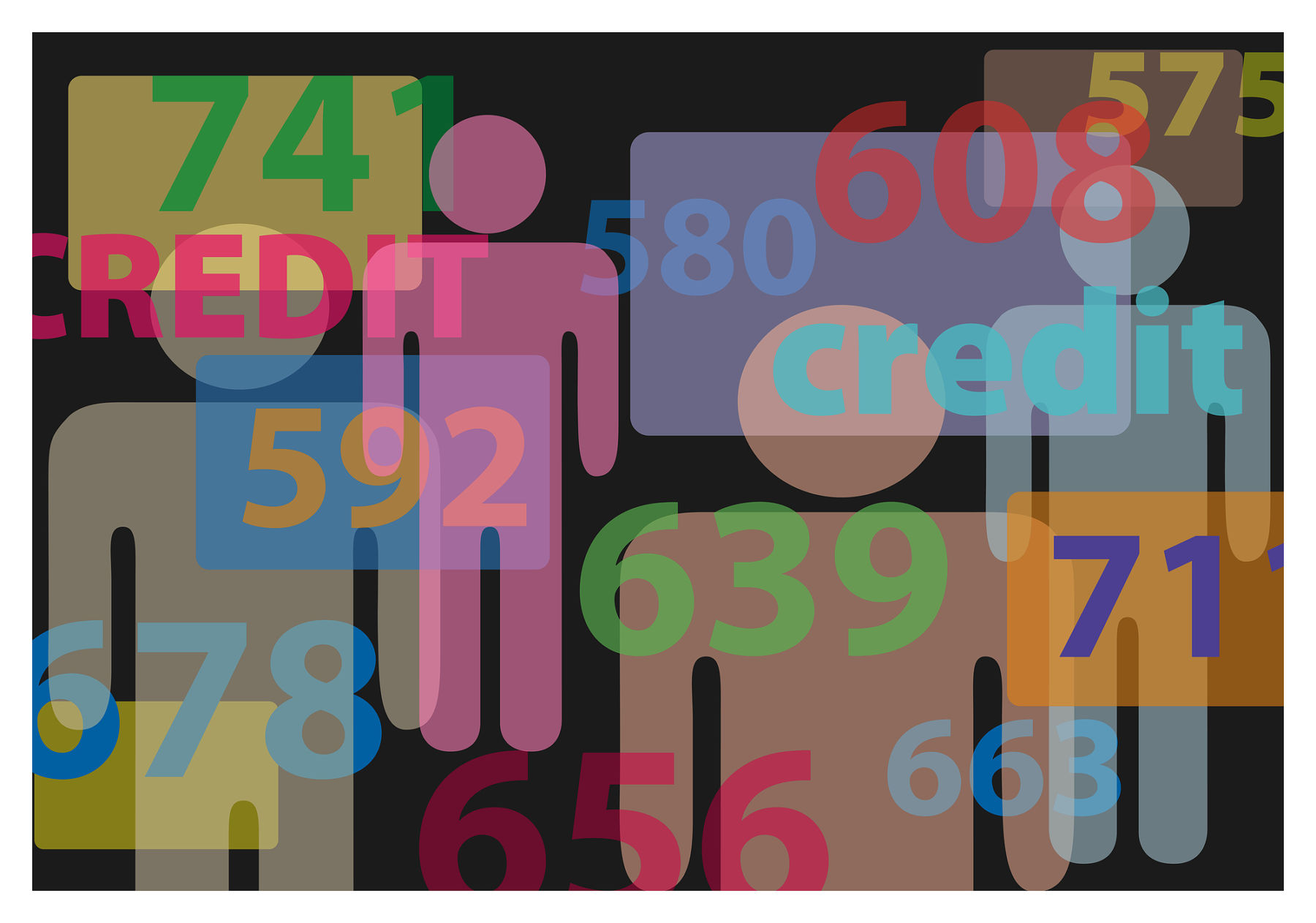The most important step to take before you begin searching for a home is to get your financing in order. Depending on your credit, this may be just a matter of seeing a lender for a mortgage pre-approval letter, or it may entail a longer process: correcting issues with your credit to raise your credit score.
Understanding how your credit score is compiled is an important aspect of learning how to raise it. The Fair Isaac Corporation (FICO®) is the company that compiles our three-digit credit scores and underwriters at lending institutions then use the score to determine our credit worthiness.
Consumers with low scores are considered to be at a higher risk for non-payment than those with high FICO scores. The scoring range is from 300 to 850. Generally, a score below 620 is considered low, while anything above 720 is considered high and if your score is above 800 you have an excellent FICO score. An 850 score is considered ‘perfect.’
Don’t feel bad if your score isn’t perfect. According to Kailey Hagan at NASDAQ, citing a report from Experian, “… just 1.2% of Americans have a perfect 850 score.”
How does FICO compile our credit scores?
The corporation tends to keep their formula a secret, but they are forthcoming with certain elements of the process.
When determining your credit score FICO looks at your payment history, how much you owe and the highest amount owed, the type of credit you use (installment loans, credit cards, etc.) and the length of your credit history.
In fact, 35% of your FICO score is based on payment history – late payments are a significant drag on your score. Recent late payments count against you more than older late payments.
Open account balances make up 30 percent of your FICO score. Balances that are within 30 to 40 percent of your credit limit work in your favor, while those that are at or over the limit count against you.
While lenders have tightened credit requirements, it is still possible to obtain a mortgage loan with a less-than-perfect FICO score. However, you will pay more for the loan, with a higher interest rate.
How do I find out my FICO score?
Before seeing a mortgage broker or bank about a loan, check your scores from all three major credit reporting agencies. These are:
- Experian
- Trans Union
- Equifax
Every American is entitled, by law, to a free report from each agency every 365 days. “Only one website — AnnualCreditReport.com — is authorized to fill orders for the free annual credit report you are entitled to under law,” according to the U.S. Federal Trade Commission.
How to raise your FICO credit score
Sometimes, making just a few easy changes can have a big impact on raising your score:
- The experts at FannieMae.com recommend that if you don’t yet have credit, open a credit card account. Use the card and pay the balance off every month.
- Lowering your credit card balances – not paying them off, but lowering them to within 30 percent of your credit limit – is a quick way to realize an increase in your FICO score.
- Making timely payments for six or more months before applying for a mortgage may also raise your score a few points.
Determining your credit score is an important first step toward purchasing a home. Repairing damaged credit may be time-consuming but will pay off in the end when you receive an amazing interest rate on your mortgage.


